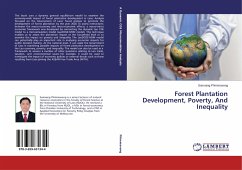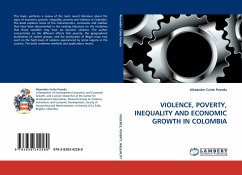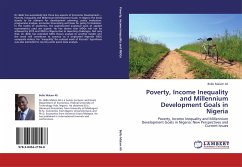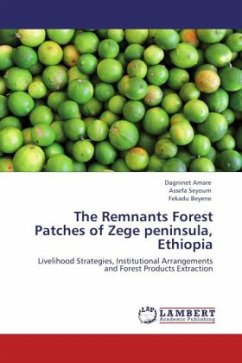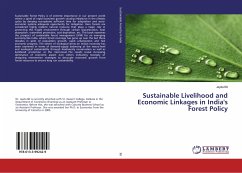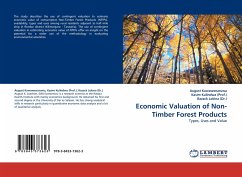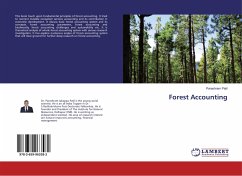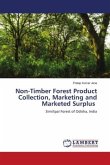This book uses a dynamic general equilibrium model to examine the economy-wide impact of forest plantation development in Laos. Analysis focussed on the Government of Laos' forest policies to promote the development of forest plantation by the year 2020. To assess interactions between the macro-economy and micro-economic effects, a macro-micro economic framework was developed by connecting the dynamic Lao CGE model to a microsimulation model (LaoDCGE-MSM model). This technique enables us to assess the plantation impact at the household level or to examine the impact on poverty and inequality. The LaoDCGE-MSM model can potentially play an important role in analysing economic impacts for public decision-making. At the national level, it can assist the Government of Laos in examining possible impacts of forest plantation development on the Lao economy, poverty, and inequality. The model can also be used as a framework to answer a number of other questions relating to Lao trade, taxation, and environmental issues. For example, it could be used to investigate the impact of economic policies or external shocks such as those resulting from Laos joining the ASEAN Free Trade Area (AFTA),

